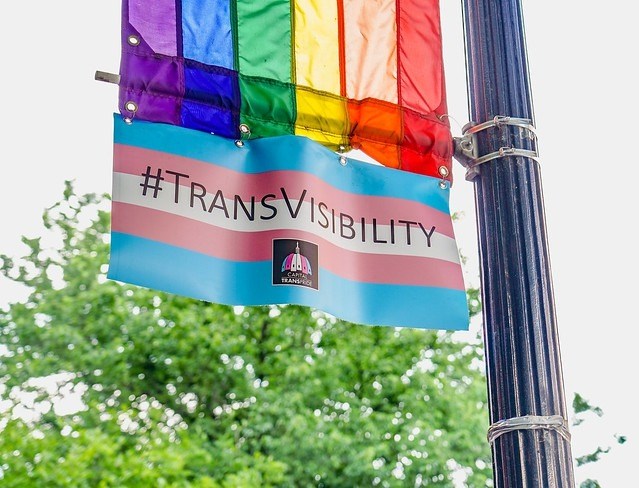Last year, 414 people officially changed their gender identity in Belgium, showing a major shift in the number of changes to the official gender registration since the Transgender Law was adopted.
Medical criteria for changing the registration, such as certificates from doctors or psychiatrists, are no longer required since 1 January 2018 in Belgium, which caused a peak of 742 applications in that year, before stabilising at around 400 to 500 official changes in 2019 and 2020.
In 2019 and 2020, the figure stabilised at around 400 to 500 official changes, which is still a lot higher than before the law came into force (110 in 2017), according to data from the Institute for the Equality of Women and Men.
"Although the Transgender Law opens doors for many transgender persons, the Constitutional Court has ruled that the Law does not sufficiently meet the rights of non-binary and gender-fluid persons," said Liesbet Stevens, deputy director of the Institute, in a press release.
"They too must be able to bring their gender registration in line with their gender identity," she said, adding that it must also be possible to change registration several times.
Related News
- Belgium to introduce 'X' as third, non-binary gender
- 'Non-issue': Belgium's Petra De Sutter is first openly transgender minister in Europe
In cooperation with the National Registry, the Institute for the Equality of Women and Men creates an annual overview of the official changes in gender identity, which shows that proportionally more changes are requested in Flanders, where 63% of changes in gender registration are recorded, compared to 26% in Wallonia.
However, the population figures in those regions are 58% (Flanders) and 32% (Wallonia). Brussels, with 11% of the population, registers 7% of the applications.
Additionally, trans men are generally younger than trans women when they have their official gender changed, with an average age of 27, compared to 37 for trans women.
The number of applications per gender identity, however, is roughly the same: the proportion of applications from trans men was as high as that from trans women in both 2019 (263 trans women and 261 trans men) and 2020 (205 trans women and 209 trans men).
"Together with the Minister of Justice (Vincent Van Quickenborne), a proposal has been drafted to close the existing gaps in the law for transgender persons," said Sarah Schlitz, Secretary of State for Gender Equality.
"This will be another important step towards respecting the rights of gender-fluid persons, as called for by the Constitutional Court," she said, adding that she hopes to be able to implement the change in the law before the summer.
Additionally, a broader debate on the visibility and necessity of gender indications on all kinds of documents is necessary, according to Schlitz. "After all, the government is committed to respecting the right of every citizen to self-determination."
All figures, as well as more information, can be found on this website.

